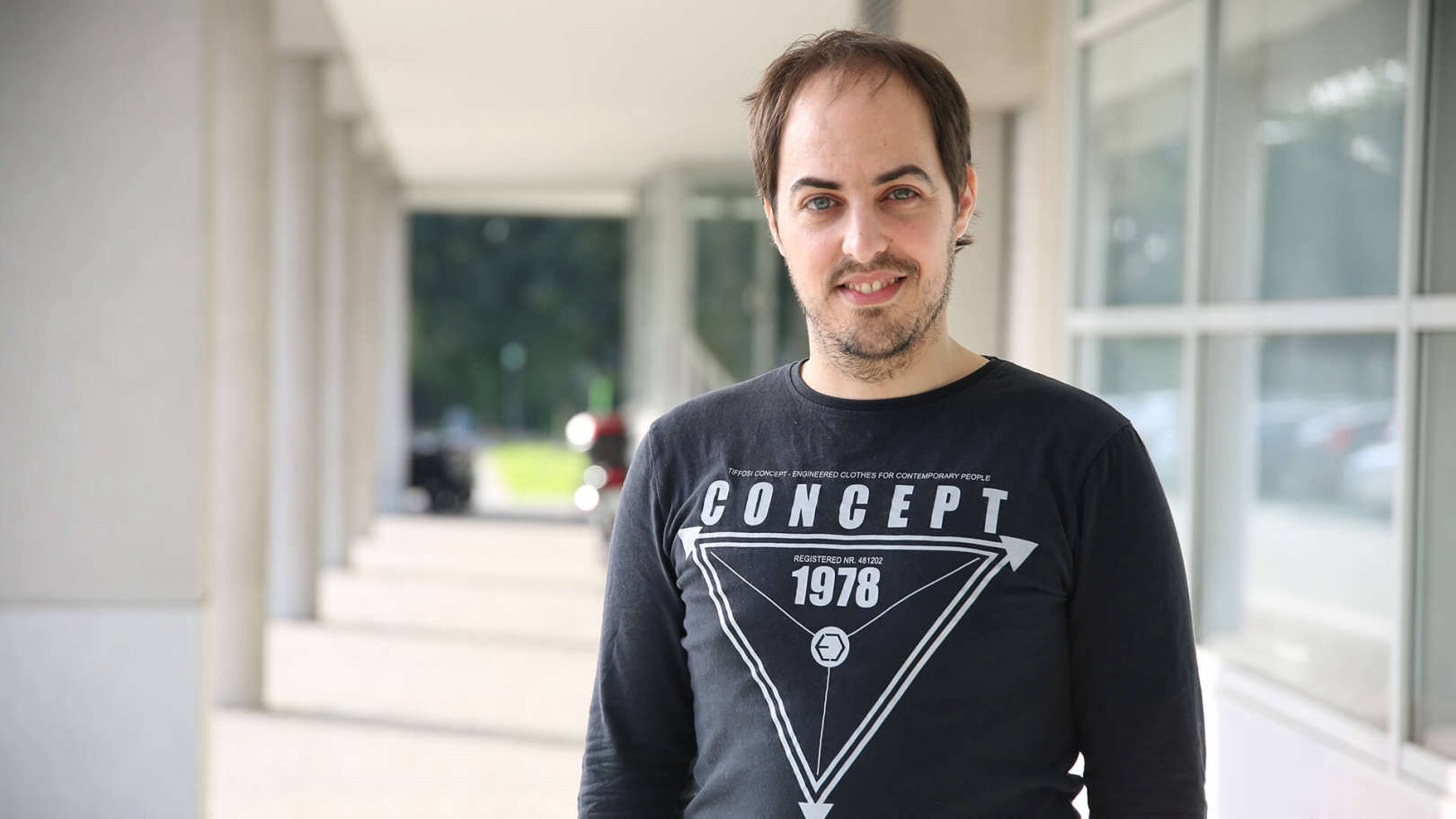About
I'm a post-doctoral researcher at the SPeCS lab in the Faculty of Engineering, University of Porto. My area of expertise is source-to-source compilers and code generation, and I have done work both in high-level languages, such as MATLAB and C++, and low-level languages, such as assembly and VHDL.
From 2012 to 2015, my main line of research was MATLAB to C compilation, and I was the creator and main developer of the tool MATISSE (specs.fe.up.pt/tools/matisse). Currently I am working on Clava (specs.fe.up.pt/tools/clava), a C++ source-to-source transformation tool based on Clang, as part of the H2020 project ANTAREX (antarex-project.eu) which focus on strategies for autotunning and energy efficiency in HPC.
Previous work includes translation of Perl-Compatible Regular Expressions (PCRE) to HDL, and automatic runtime migration of loops found in MicroBlaze assembly traces to customized hardware (the subject of the PhD thesis).
I've received a Bachelor's degree in Computer Systems and Informatics from the Univ. of Algarve in July 2006, and in July 2012 received the Ph.D. degree from Instituto Superior Técnico (IST), Lisbon, with the thesis “Mapping Runtime-Detected Loops from Microprocessors to Reconfigurable Processing Units”.


